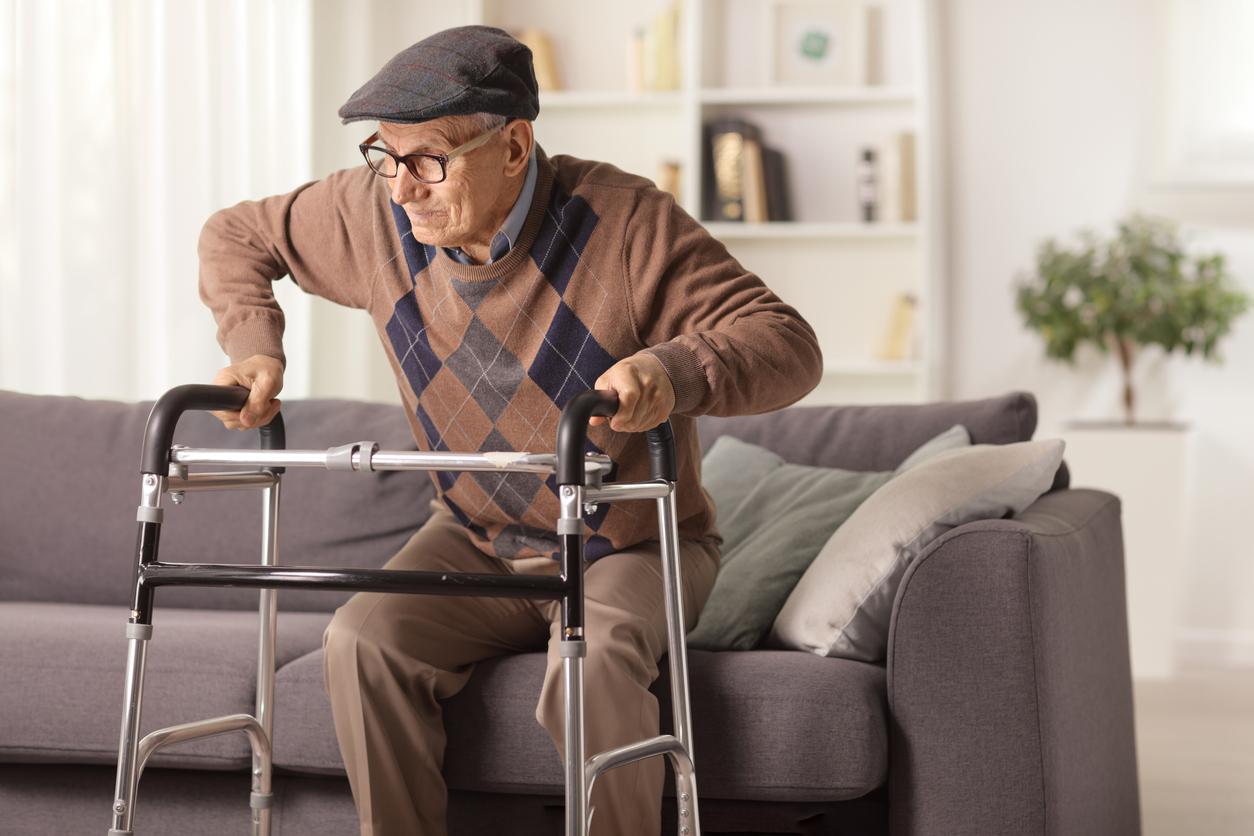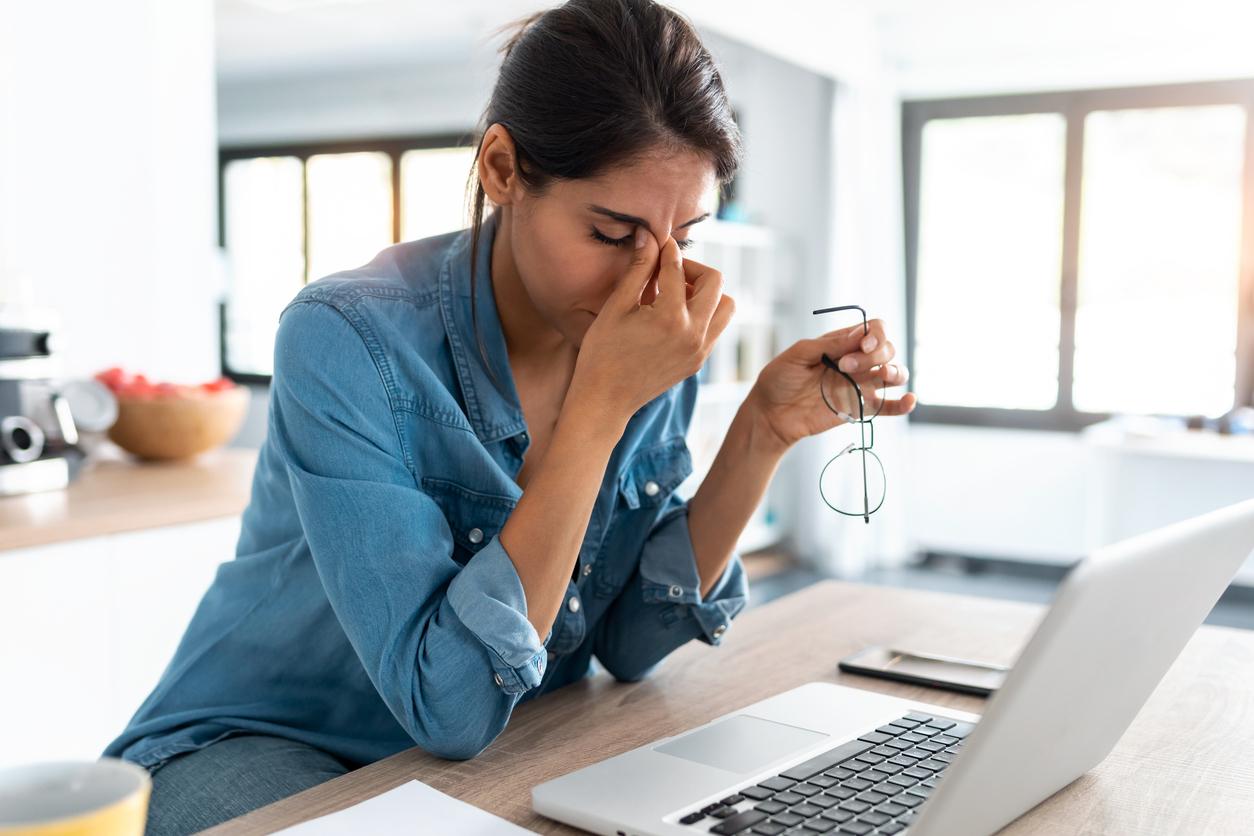
90 percent of Dutch people experience stress
Stressed? Isn’t that something for managers with a high workload? Well no. Almost 90 percent of Dutch people regularly experience stress in their daily life. And that is not good for health in the long run. Because the cause is not always clearly identifiable, it is sometimes difficult to find a solution.
It is clear that we can get stressed by lack of money, problems at home or a busy period at work. The main causes of stress at work are work pressure (63 percent) and responsibility (27 percent).
In the private spheres there is a lack of night’s sleep (41 percent) and relationships (41 percent) were the biggest culprits. A (driving) exam or an important presentation can also cause an acute knot in the stomach.
vague feelings
But the cause of that tense feeling is not always so clearly defined. The high expectations that we (think we) have to meet, the feeling of not being appreciated, uncertainty about the future; it sounds vague, but these feelings can cause a lot of tension under the skin. And just as you can become overstrained by too much (work) pressure, you also get out of balance because of too little challenge in your life.
Consequences of stress
If the body continues to produce stress hormones for a long time, long-term health is put under strain: the blood pressure rises, heart complaints and digestive problems can arise, the resistance decreases and the memory gets less.
More than half of the Dutch people sometimes suffer from physical complaints due to stress. For example, sleeping less well (56 percent), headache (54 percent) and easily irritated (47 percent). It is striking that women are more sensitive to physical complaints caused by stress than men (71 percent versus 44 percent).
What can we do about it?
Stress for an exam or meeting an important deadline is clear. Then there is peace again. When we are under prolonged tension, we usually do not allow ourselves that rest. In fact, we often go the extra mile in an attempt to get to grips with the situation. But because the stress makes us no longer see clearly what we need, that doesn’t help.
Positive and realistic
What does help? Anyway, try to be positive. The more optimistic a person is, the more he copes with stress by actively and systematically tackling the problems. But also be realistic. We already have so much to do, not everything is 100 percent possible. Be more gentle with yourself and learn to say “no” more often. Do some relaxation exercises. And realize that you are not the only one for whom it all gets too much now and then. After all, Superman only exists in the movie.
Sources):

















